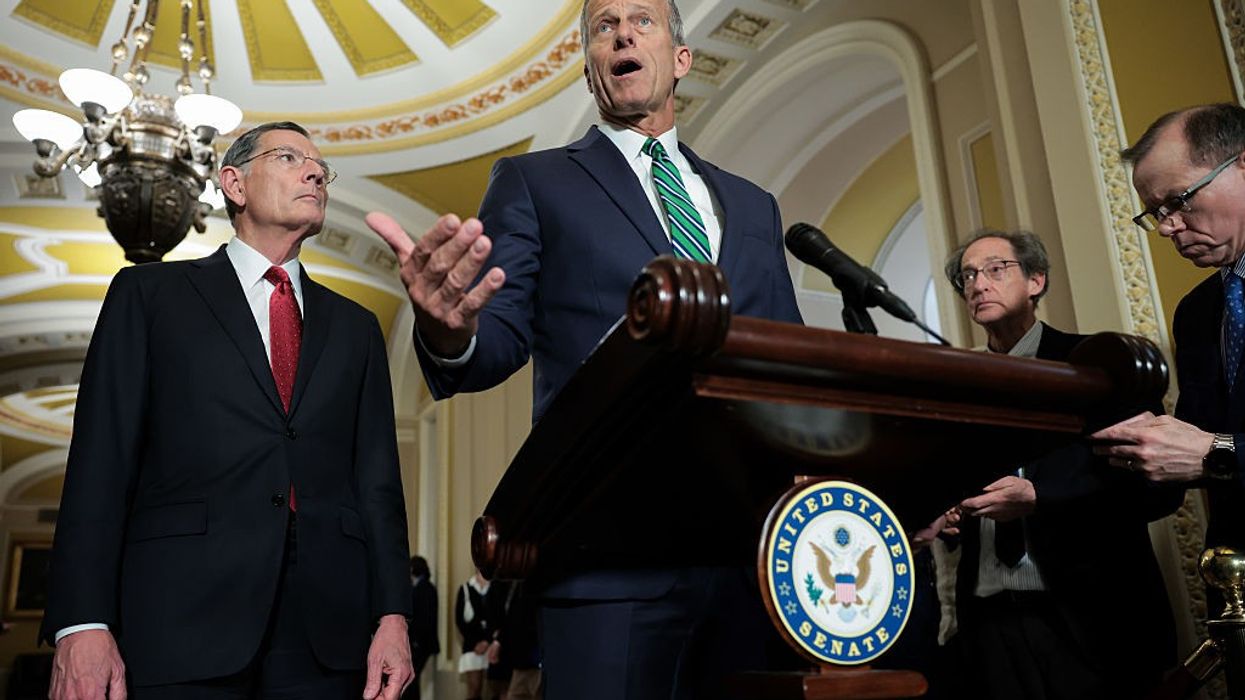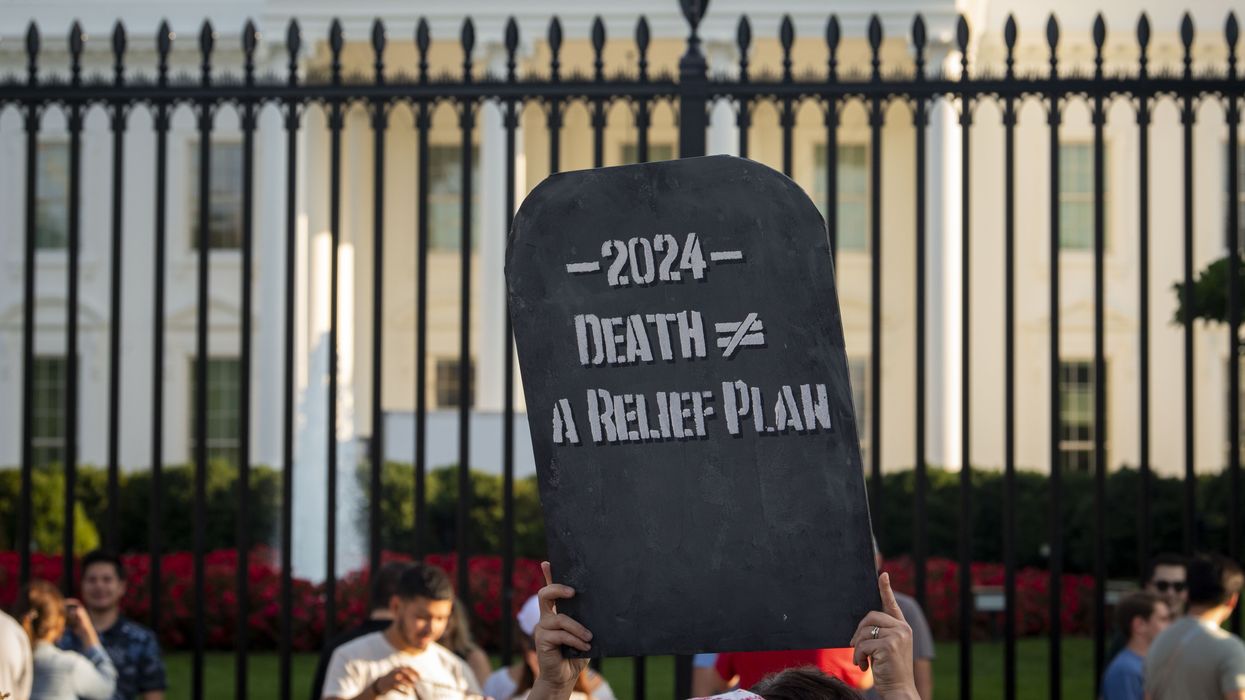Advocates Decry Senate Confirmation of 'Anti-Abortion Extremist' to Lifetime Federal Court Seat
"Divine's confirmation makes clear that Trump lied to voters when he said he would 'leave it to the states,' and he is actively working to eliminate abortion access nationwide," said a prominent reproductive rights advocate.
Several advocacy groups expressed outrage on Tuesday after the United States Senate voted to confirm Missouri Solicitor General Joshua Divine to be a United States District Judge for the Eastern and Western Districts of Missouri.
Divine, who was confirmed by a vote of 51 in favor to 46 against, is one of several judicial nominees of U.S. President Donald Trump who has been singled out by advocates for what they describe as his extreme record on a number of issues ranging from reproductive freedoms to LGBTQ rights to relief for student loan borrowers.
Every member of the Senate Democratic caucus voted against Divine’s confirmation with the exception of Sen. Angus King (I-Maine), who voted in favor. All Republicans voting in the Senate on Tuesday supported Divine’s confirmation, while three GOP senators—John Kennedy of Louisiana, Markwayne Mullin of Oklahoma, and Mitch McConnell of Kentucky—did not vote.
Mini Timmaraju, president and CEO of abortion rights advocacy organization Reproductive Freedom for All, argued that Divine's nomination and confirmation were a sign that Trump and the GOP would not be content to leave abortion rights up to individual states.
"Divine's confirmation makes clear that Trump lied to voters when he said he would 'leave it to the states,' and he is actively working to eliminate abortion access nationwide," she said. "Federal courts are a critical line of defense to preserve reproductive healthcare, and these appointments are a dangerous sign of what's to come."
Winston Berkman-Breen, legal director of the Student Borrower Protection Center (SBPC), accused Divine of building a political career on the backs of student loan borrowers who were in dire need of relief from the massive debts they incurred while pursuing an education.
"Time and time again in his lawsuits challenging legal student loan payment and relief programs, Divine took extreme positions at odds with traditional judicial interpretations related to injury, standing, and venue," he said. "Because of Divine, millions of student loan borrowers remain buried in crushing debt. Divine's actions exceeded the bounds of zealous advocacy and were a direct affront to judicial procedure. Americans deserve a judge who will review the facts of the case before them and apply the law under the Constitution and as passed by Congress—not an ideologue who will manipulate those laws to obtain the outcome he prefers."
Lena Zwarensteyn, senior director of the fair courts program and an advisor at The Leadership Conference on Civil and Human Rights, didn't focus on any specific issue and instead took an all-of-the-above approach to condemning what she described as Divine's unfitness for the federal bench.
"The Senate's confirmation of Joshua Divine to the federal bench in Missouri... installs into a lifetime judgeship an individual who does not possess the requisite experience to be a federal judge and who has time and time again demonstrated significant hostility to our civil and human rights," she argued. "His limited legal career—which includes a record of intense opposition to reproductive rights, LGBTQ equality, student loan borrowers, and more—is disqualifying. Our courts, our communities, and our democracy deserve better. Senators must ensure that judicial nominees are fair-minded, actually qualified for the job, and faithful to the rule of law and Constitution rather than to an anti-civil rights agenda."


